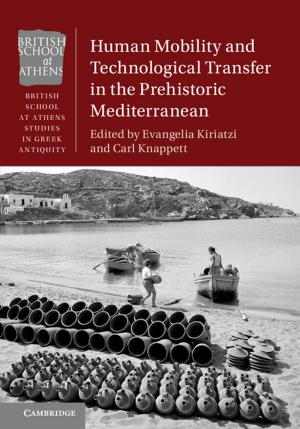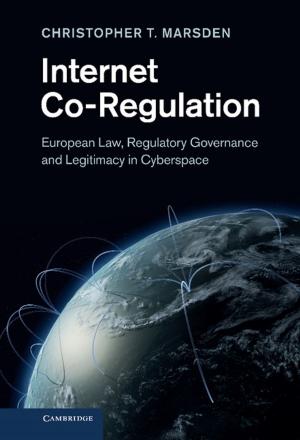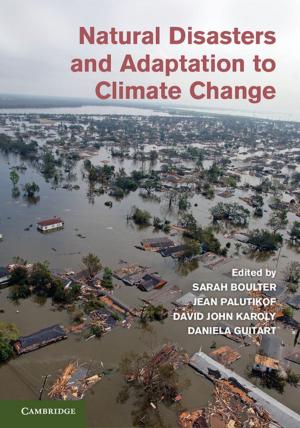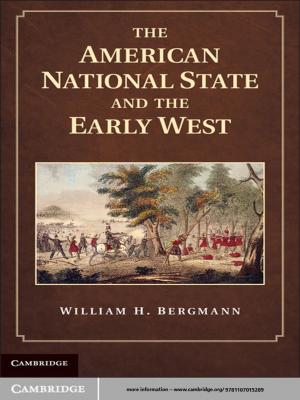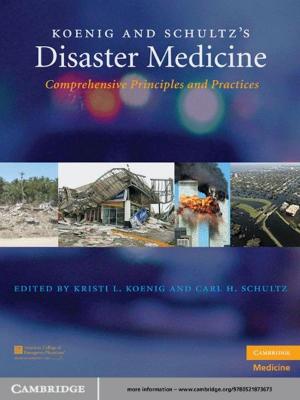| Author: | Stephen Rushin | ISBN: | 9781108500692 |
| Publisher: | Cambridge University Press | Publication: | April 7, 2017 |
| Imprint: | Cambridge University Press | Language: | English |
| Author: | Stephen Rushin |
| ISBN: | 9781108500692 |
| Publisher: | Cambridge University Press |
| Publication: | April 7, 2017 |
| Imprint: | Cambridge University Press |
| Language: | English |
For much of American history, the federal government has played a limited role in local police regulation. That all changed in 1994, when Congress passed a little known statute that permitted the US Attorney General to reform troubled police departments. Since then, many of the nation's largest police departments - including those in Los Angeles, Chicago, Seattle, Washington, DC, New Orleans, Pittsburgh, Cincinnati, Cleveland, and Albuquerque - have been subject to federal oversight. But until recently, we've known little about how this federal process works. Drawing on original interviews, court documents, statistical data, and media reports, this book provides the first comprehensive account of federal intervention in American police departments. It shows that, under the right circumstances, federal intervention is uniquely effective at combating misconduct in police departments. However, federal intervention is far from perfect. This book concludes by arguing that Congress should expand and improve federal oversight of policing.
For much of American history, the federal government has played a limited role in local police regulation. That all changed in 1994, when Congress passed a little known statute that permitted the US Attorney General to reform troubled police departments. Since then, many of the nation's largest police departments - including those in Los Angeles, Chicago, Seattle, Washington, DC, New Orleans, Pittsburgh, Cincinnati, Cleveland, and Albuquerque - have been subject to federal oversight. But until recently, we've known little about how this federal process works. Drawing on original interviews, court documents, statistical data, and media reports, this book provides the first comprehensive account of federal intervention in American police departments. It shows that, under the right circumstances, federal intervention is uniquely effective at combating misconduct in police departments. However, federal intervention is far from perfect. This book concludes by arguing that Congress should expand and improve federal oversight of policing.

